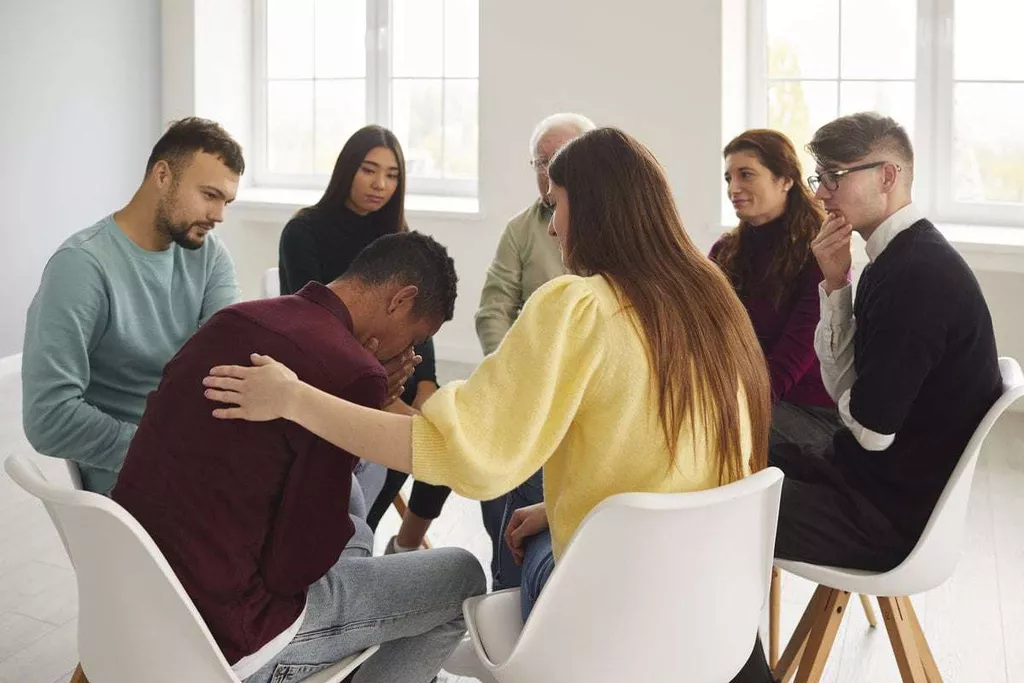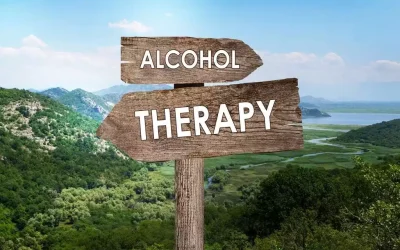How to Reimagine Your Relationship to Alcohol The New York Times
Often people will notice that they are fighting more with their partner when either or both of the individuals have developed an unhealthy relationship with alcohol. Also, if you’re fighting when you are drinking, you may say or do things that you will regret or that you would not do if you were sober. Whether you’re going alcohol-free temporarily or as part of addiction recovery, social support can be a critical aspect of sticking with it. Mutual support groups like Alcoholics Anonymous (AA) can be helpful, but some people don’t find the 12-step approach compatible with their beliefs and needs.
Impact of Alcoholism on Children
AUD is a common health condition, and effective treatment is available. Treatment may include medication like naltrexone to help curb your cravings for alcohol and help you drink less or stop drinking entirely. Marriages and long-term committed partnerships are at higher how does alcohol affect relationships risk of breaking up when alcohol is a problem in the relationship—especially when one partner has an alcohol misuse problem and the other doesn’t. Establishing new routines that don’t involve alcohol can lead to better physical, mental, and emotional health.
Individualized, evidence based treatment, to fit your needs.
- This could mean that the neurobiological underpinnings of addiction may take root well before an individual or their loved ones suspect a problem with alcohol.
- Self-care can get thrown out the window in relationships with alcohol addiction.
- Consistent with the first hypothesis, both actor and partner drink with partner events increased the likelihood of intimacy in the next 3 hours for men and women (Table 3).
- ‘ — the poignant, breathy ballad written for the Barbie soundtrack that won the 2023 Song of the Year Grammy Award and made Eilish and Finneas the youngest-ever two-time Oscar winners.
- Using different ways of classifying drinking events, we found consistent evidence that congruent partner drinking facilitates experiences of relationship intimacy.
Lastly, the current study utilized reports from only one member of the dyad. Future studies which incorporate reports from both partners in the relationships will allow for exploration of actor and partner effects on motivation to change hazardous alcohol use and relationship issues. First, hazardous drinkers may not place as much value in the health or wellbeing of their intimate relationships as nonhazardous drinkers (Epstein, McCrady, Miller, & Steinberg, 1994). This self-medication may divert attention away from the problems experienced in a dysfunctional relationship and lower the motivation to actively work toward improving it. Lastly, it may be that the presence of a dysfunctional relationship increases the desire to engage in heavier alcohol use in order to blunt or distract from unpleasant experiences (Swendsen et al., 2000). Hypotheses were tested using partners’ independent reports of daily drinking and intimacy episodes provided over 56 consecutive days by heterosexual community couples.
- Simultaneous drinking, drinking with partner present, and drinking at home increased the likelihood of reporting intimacy experiences in the next 3 hours for men and women relative to no drinking.
- Even the consumer-grade handheld breathalyzers aren’t always accurate.
- Hiding your drinking from a loved one is a common sign that your habits have become unhealthy.
- Constant dishonesty can lead to sadness and resentment between partners.
How does drinking affect our relationships?
This may help you to understand SUD and how addiction works, which can help you separate your partner and the disease. According to 2018 research, supportive relationships with family, spouses, and sponsors help those working toward sobriety sustain their recovery. If the person with SUD suddenly isn’t dependent upon their partner to take care of them, this can cause a disruption in the relationship as well. The supportive partner may want to be needed, and feel unhappy, lost, or confused with the new relationship dynamic. Codependency keeps people from having healthy relationships, so unless this dynamic is changed, sobriety may not be enough to keep the cycle from continuing.
- Other support groups are available for family members who need help navigating the challenges that occur from alcohol addiction.
- Sometimes, however, that support might require you to give them time and space so they can do the hard work recovery necessitates.
- In fact, if a first-degree relative has an addiction, you’re 10 times likelier to develop one yourself.
- One thing I have not mentioned so far is that all of the theories emphasize that alcohol should not be reinforcing for every single person or in every single situation.
- Roughly 1 in 5 U.S. adults report binge drinking at least once a week, with an average of seven drinks per binge episode.
- We are moving toward actual, concrete goals that this person wants to achieve in their life.
While drinking can lead to significant relationship challenges, it often doesn’t happen overnight. For this reason, it can be difficult to understand if and when your drinking has become unhealthy, especially if alcohol has played a role in your relationship for a long time. This uncertainty is sometimes described as a phenomenon known as “gray area drinking“. Managing your drinking and getting the right support are really important for your mental health. Because alcohol heightens emotions and makes it harder to read emotional cues from others, it’s more likely that drinking will magnify feelings of jealousy.
You Communicate More with the Bottle Than with Your Partner
Socialite Jasmine Hartin who shot cop dead during drinking session finds new love with electrician – The Mirror
Socialite Jasmine Hartin who shot cop dead during drinking session finds new love with electrician.
Posted: Sat, 18 May 2024 18:02:51 GMT [source]
Alcohol use disorder can lead to lost friendships, estranged marriages and family conflict. Keep reading to learn about the connection between alcohol addiction and relationships and how to prevent or manage relationship issues caused by a drinking problem. To use alcohol responsibly, you need to honestly evaluate how it’s affecting all aspects of your life. Continuing to use alcohol even though you know it’s causing problems at work, home, or with your health are symptoms of alcohol use disorder. Even if you don’t think your drinking is severe, if it’s causing problems in your life, then it’s probably not responsible to keep using it the way you have been. There are many different treatments available that can be effective in reducing or eliminating problems with alcohol or other drugs.
Oar Health Member Stories: Cutting Back on Alcohol

One example of this is if you claim to be partaking in certain activities, like working overtime or meeting friends, instead of sharing that you stopped at the bar on the way home. Being dishonest with your partner can fuel a sense of distrust, and lead to other unhealthy habits in your relationship. This can include binge drinking, which for males, is defined as consuming five or more standard-sized drinks during one drinking session, and females, four or more standard-sized drinks during one drinking session. If excess drinking continues to progress, you risk moving to severe alcohol use disorder, which can lead to alcohol dependence or alcoholism. Being able to identify the types of alcohol problems will help you have a better understanding of your relationship with drinking.
They may find their options for other social interaction limited, and this may further be compounded by financial troubles or other problems related to the incidence of alcoholism. Heavy alcohol users may have trouble relating to teetotalers or those who do not share their propensity for drinking to excess, and they may attempt to convince friends or loved ones to join them in drinking. This can lead to additional problems as others experience the challenges faced by having a sufferer in their personal relationships.
How to Get Help When Drinking Is Affecting Your Relationship?

